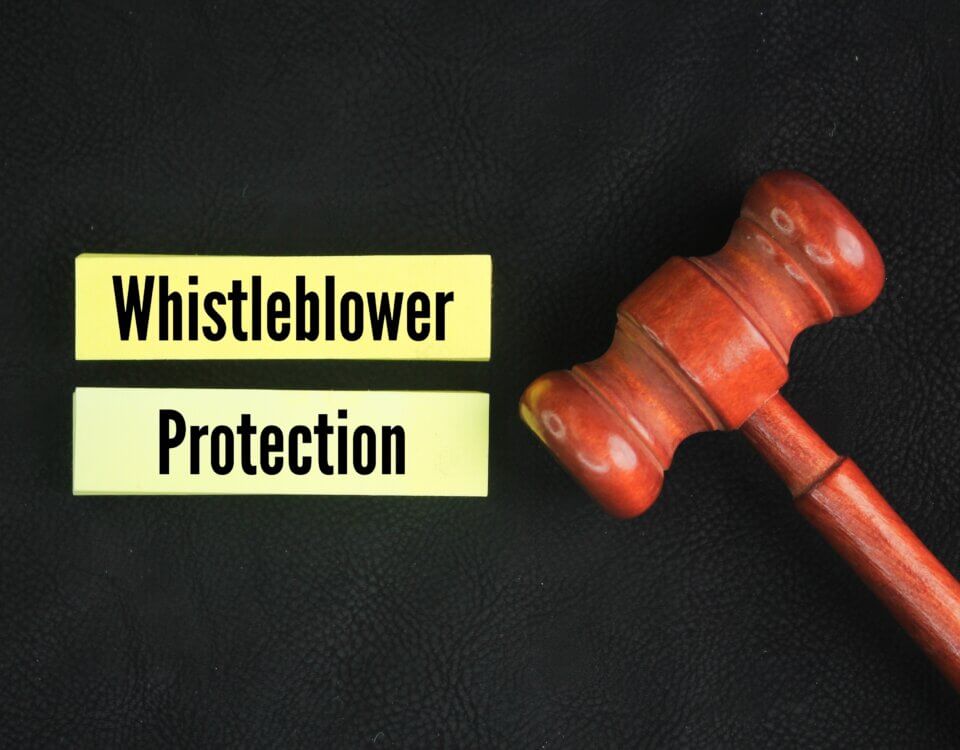Sexual harassment is one of the most serious and emotionally damaging problems employees face. California has some of the strongest anti harassment laws in the country, offering broad protections to workers and strict rules for employers. When employers fail to prevent harassment or retaliate against those who report it, they can be held legally responsible.
This comprehensive guide explains the types of sexual harassment, the legal standards in California, how employees can report misconduct, and what compensation may be available.
What Counts as Sexual Harassment in California?
Sexual harassment includes any unwanted sexual behavior, comments, or conduct that creates a hostile, offensive, or intimidating work environment. California’s definition is broader than federal law, meaning more types of behavior qualify as harassment.
The California Civil Rights Department describes sexual harassment protections and standards in detail at https://calcivilrights.ca.gov.
Sexual harassment includes:
- Unwanted touching or physical contact
- Sexual jokes, comments, or gestures
- Requests for sexual favors
- Sexual or romantic proposals
- Displaying sexual images or videos
- Comments about someone’s body or appearance
- Inappropriate messages or texts
- Spreading rumors about an employee’s sex life
- Hostile treatment based on gender or sexual orientation
Even a single severe incident can qualify as sexual harassment.
Two Main Types of Sexual Harassment
1. Hostile Work Environment Harassment
This happens when unwanted sexual conduct is so frequent or severe that it interferes with an employee’s ability to work or creates an intimidating atmosphere. Examples include repeated comments, unwanted flirting, inappropriate jokes, or sexually charged messages.
2. Quid Pro Quo Harassment
This occurs when a supervisor or manager offers job benefits in exchange for sexual favors or threatens negative consequences if the employee refuses. Even one incident can make the employer strictly liable.
Who Can Be Responsible for Sexual Harassment?
Sexual harassment is not limited to supervisors. California law states that harassment can come from:
- Managers
- Coworkers
- Business owners
- Contractors
- Customers
- Clients
- Vendors
If the employer knew or should have known that harassment was happening and failed to act, they may be held legally responsible.
Employer Responsibilities Under California Law
Employers must take all reasonable steps to prevent and promptly correct harassment. This includes:
- Providing anti harassment training
- Having clear written policies
- Investigating complaints quickly
- Protecting employees from retaliation
- Taking corrective action when harassment occurs
The U.S. Equal Employment Opportunity Commission outlines these employer obligations at https://www.eeoc.gov.
If an employer fails to take these steps, they may be liable even if they were not directly involved in the harassment.
Examples of Sexual Harassment in the Workplace
Sexual harassment can show up in many forms, including:
- A manager repeatedly asking an employee on dates
- Coworkers sending sexually suggestive messages
- A supervisor commenting on someone’s clothing or body
- A coworker brushing up against someone on purpose
- Sexual images displayed in the workplace
- Lewd jokes during meetings
- Threats to fire or demote someone who rejects advances
- Spreading rumors about sexual activity
Even behavior meant as a joke may still count as harassment.
Signs of a Hostile Work Environment
Employees may be experiencing a hostile environment if they notice:
- Feeling unsafe or anxious at work
- Avoiding certain people or locations
- Repeated unwanted sexual attention
- Coworkers laughing at or minimizing concerns
- Negative changes in work performance due to stress
- Feeling pressured to stay silent
No employee should feel afraid or humiliated at work.
How to Report Sexual Harassment
Employees have several ways to report harassment:
- Report to a supervisor or HR department
- File an internal complaint
- Document the conduct in writing
- File a complaint with the California Civil Rights Department
- File a federal complaint with the EEOC
Employees do not need to confront the harasser directly to be protected.
How Employees Can Document Sexual Harassment
Building a strong case begins with collecting evidence such as:
- Emails, texts, or messages
- Witness statements
- Notes describing incidents and dates
- Photos or screenshots
- Company policies
- Copies of complaints filed with HR
Documentation helps show patterns and timing.
Retaliation After Reporting Harassment
Retaliation is illegal. If an employee reports harassment and then experiences negative changes such as schedule cuts, demotion, hostility, or termination, they may have a separate retaliation claim.
Compensation Available in Sexual Harassment Cases
Victims of sexual harassment may recover:
- Lost wages
- Future earnings
- Emotional distress damages
- Medical expenses
- Therapy costs
- Punitive damages in extreme cases
- Attorneys fees
- Job reinstatement in some cases
California juries often award significant damages for emotional suffering caused by harassment.
How Long Do You Have to File a Sexual Harassment Claim?
Deadlines may vary depending on state or federal law. California employees typically have three years to file a complaint with the California Civil Rights Department, but filing sooner is always better. Claims under federal law may have shorter deadlines.
Final Thoughts
No employee should have to tolerate sexual harassment at work. California laws give victims powerful tools to take action, seek justice, and hold employers accountable. When harassment occurs, employees have every right to speak up and pursue legal protection.
Note: These blog posts are created solely for the use of Hillstone Law. The information is gathered from internet research, publicly available sources, and artificial intelligence (AI) tools such as ChatGPT. While we aim to share helpful and educational content, Hillstone Law does not independently verify every detail. Some information may be incomplete, outdated, or subject to change without notice. If you believe any part of a post is inaccurate, misleading, or infringes upon copyright, please contact Hillstone Law immediately so we can review it and take appropriate action, including correction or removal.
Disclaimer: The material provided in these blogs is for general informational purposes only and should not be considered legal advice. Reading these posts does not create, and is not intended to create, an attorney-client relationship with Hillstone Law. Our intent is to share knowledge, raise awareness, and provide helpful resources to the public; however, Hillstone Law makes no warranties or guarantees about the accuracy, completeness, or reliability of the information provided, and expressly disclaims liability for any actions taken in reliance on it. The photos used in these posts are for illustrative purposes only and do not depict actual clients, individuals, or incidents unless expressly stated. If you or a loved one has been injured in an accident, please contact Hillstone Law at (855) 691-1691. Our attorneys are available to answer your legal questions and help you understand your rights.







